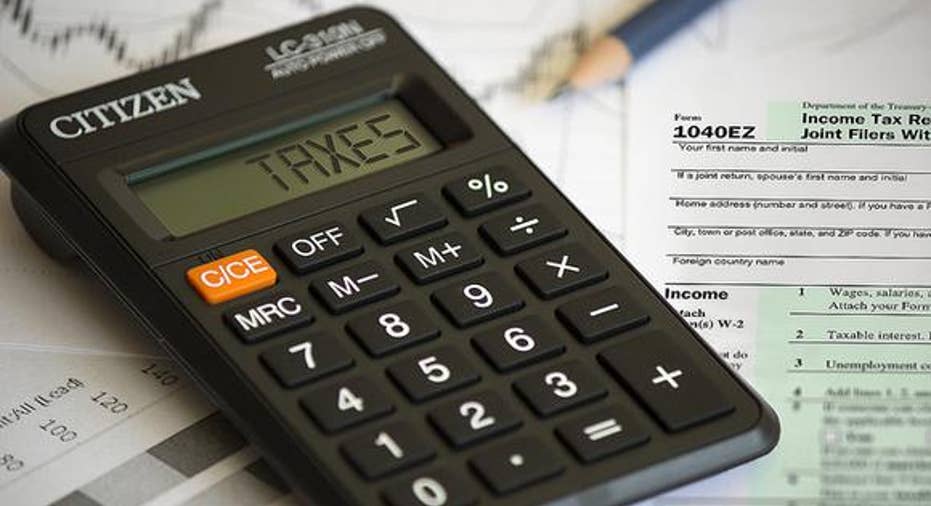Here Is a Tax Season Checklist

Well, it’s that time of year again. Here’s what you should be doing now – don’t wait until April.
Hopefully, you will have kept a file marked “2015 Taxes,” and periodically throughout the year you filed in important paperwork that will be the foundation of your tax return: acknowledgment letters from nonprofits, receipts for tax deductible transactions such as vehicle registration fees, property taxes, unreimbursed employee business expenses to name a few.
Begin a new file marked “2016 Taxes” to store current year information.
By January 31, most providers of third party documents are required to mail out forms you will need to complete your tax return: W2s, 1099s, Form 1098 Mortgage Interest Statement, K-1s, etc. Add these to your 2015 tax file and you will pretty much be ready to rock and roll. If you are a partner in a partnership or a shareholder in a Sub S corporation you will have to wait for your K-1 until the tax return is filed for that entity. Due dates for calendar year entities are March 15 and if the entity gets an extension, your wait may extend to September 15. This will delay your filing, however, you can get an extension through October 17.
If you purchased health insurance through the Exchange, you will be receiving Form 1095. The IRS has announced that many exchanges are experiencing delays and this form may not be available until the first week in March. Check with your tax preparer; he or she may want you to submit the remainder of your tax data as early as possible so they can get a head start before tax season gets crazy. He will then be happy to finish your return when the remaining paperwork trickles in.
The IRS began accepting electronically filed and paper returns Tuesday January 19, 2016. The fourth installment of estimated tax payments for 2015 was Friday January 15. If you missed the deadline, make your payment now.
The due date for filing individual returns is moved to April 18 this year. If you cannot meet the deadline, file an extension using IRS Form 4868. REMEMBER: an extension is only an extension of time to file, not an extension of time to pay. If you anticipate owing taxes, you must pay them with the extension form by April 18.
The tax extenders bill passed legislation in December resulting in $650 billion in tax savings. More than 50 tax extenders were approved, 22 of which were made permanent. Some of the more common extenders that may apply to your situation include:
- the Earned Income Tax Credit,
- the Child Tax Credit (CTC),
- the American Opportunity Tax Credit,
- the deduction for classroom expenses used by teachers
- the deduction for state and local sales taxes,
- Credit for solar electric property and qualified solar water heating property extended to 2021.
Five tax incentives for charitable giving were in the bill, including a provision that allows individuals that are at least 70.5 years old to exclude distributions to charities from their Individual Retirement Accounts. This will be helpful for you if you do not itemize deductions. Contact your tax pro for more details.
A number of business tax breaks are extended without an expiration date, including the research and development tax credit, the increased maximum amount that businesses can immediately expense for property described in section 179 of the tax code, which is increased to $500,000. This deduction is good on new and used equipment, as well as off-the-shelf software. This limit is only good for 2015, and the equipment must be financed/purchased and put into service by the end of the day, 12/31/2015.



















